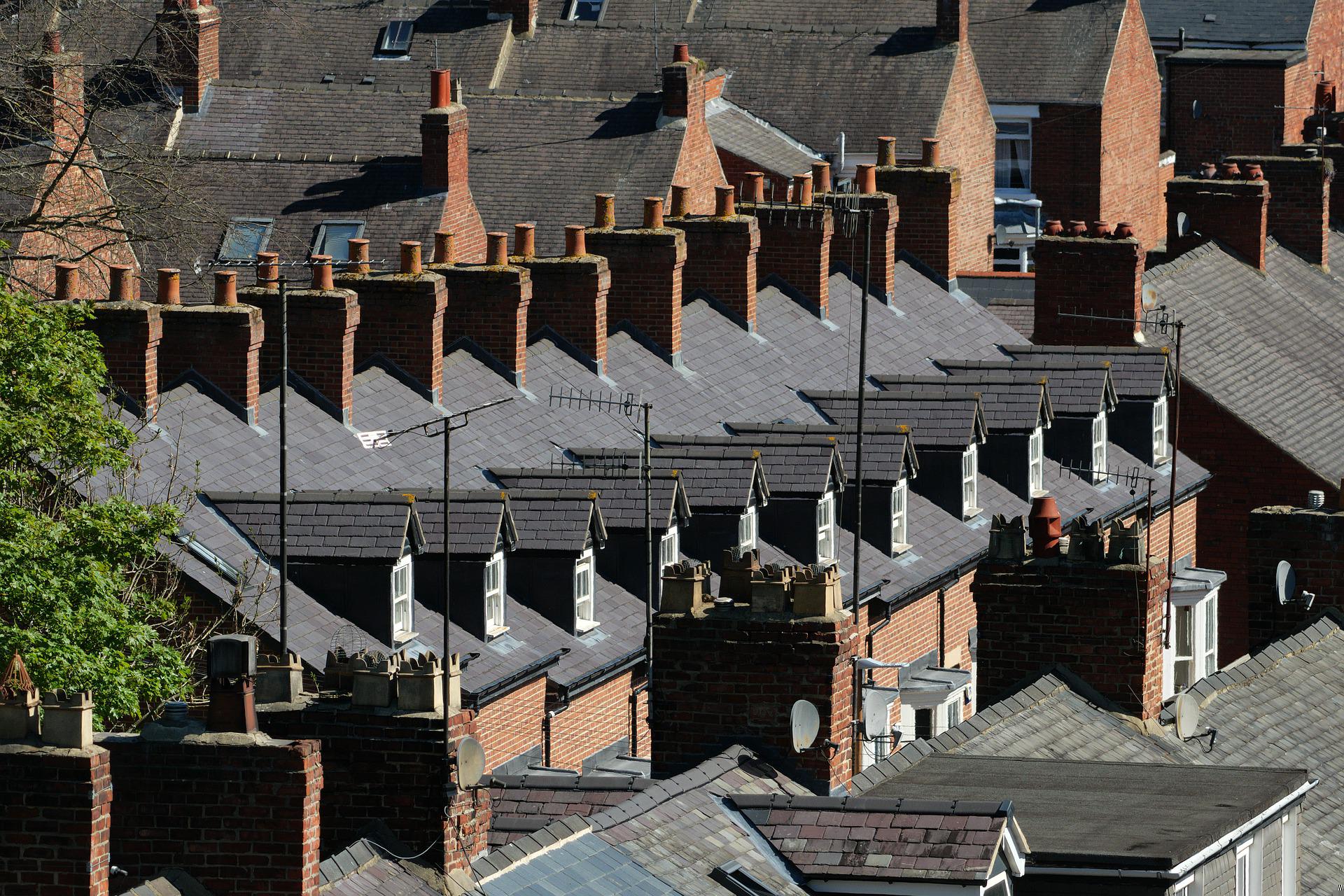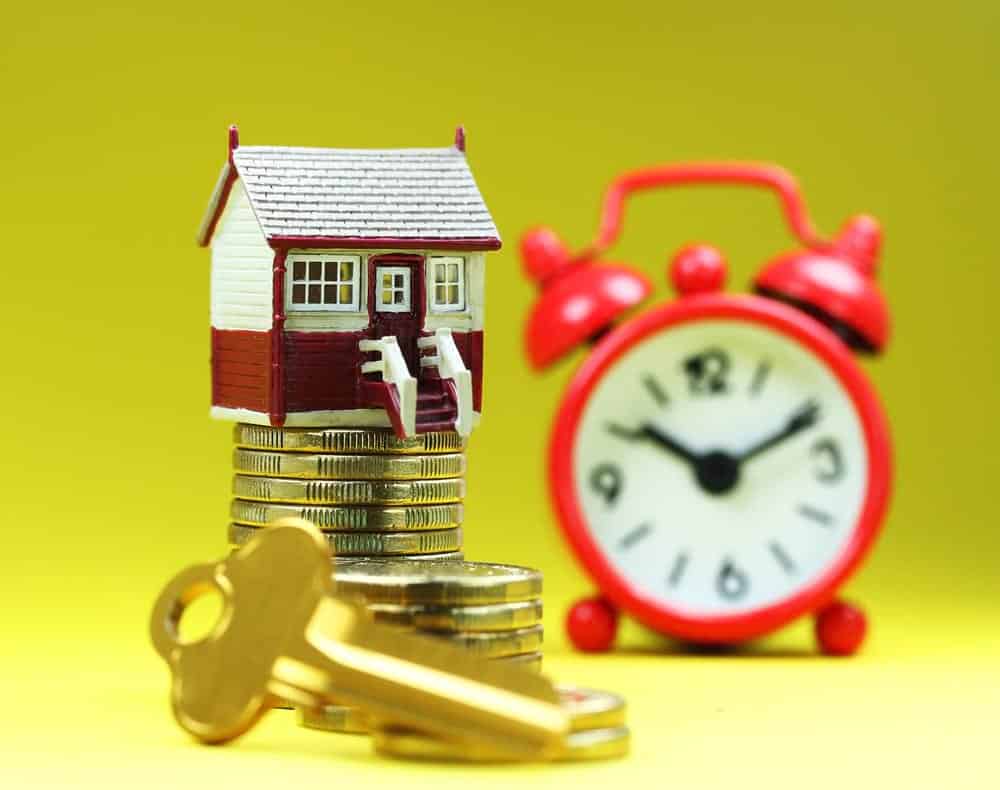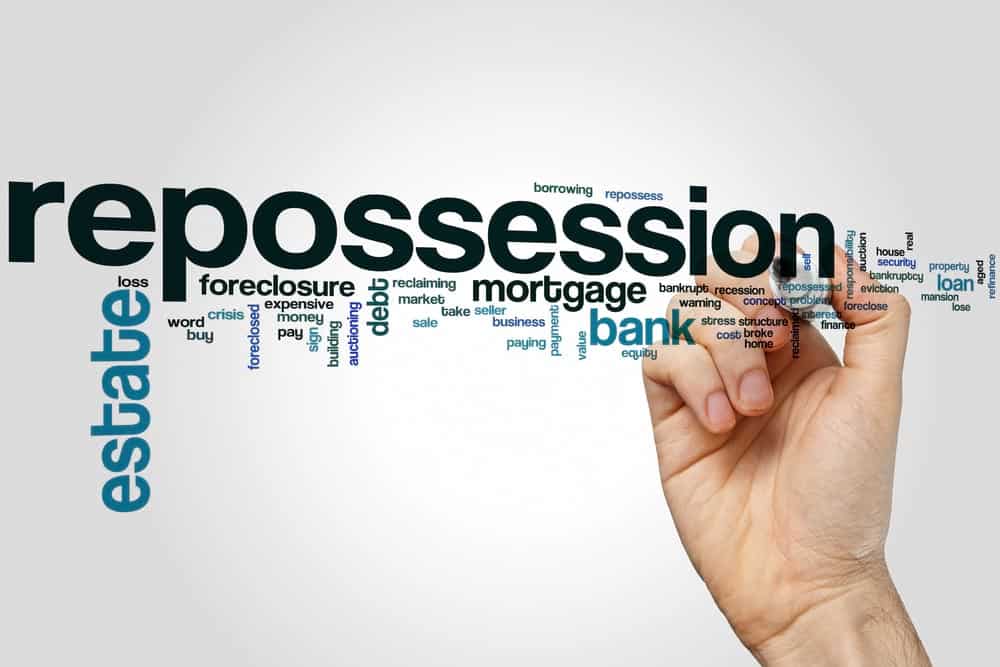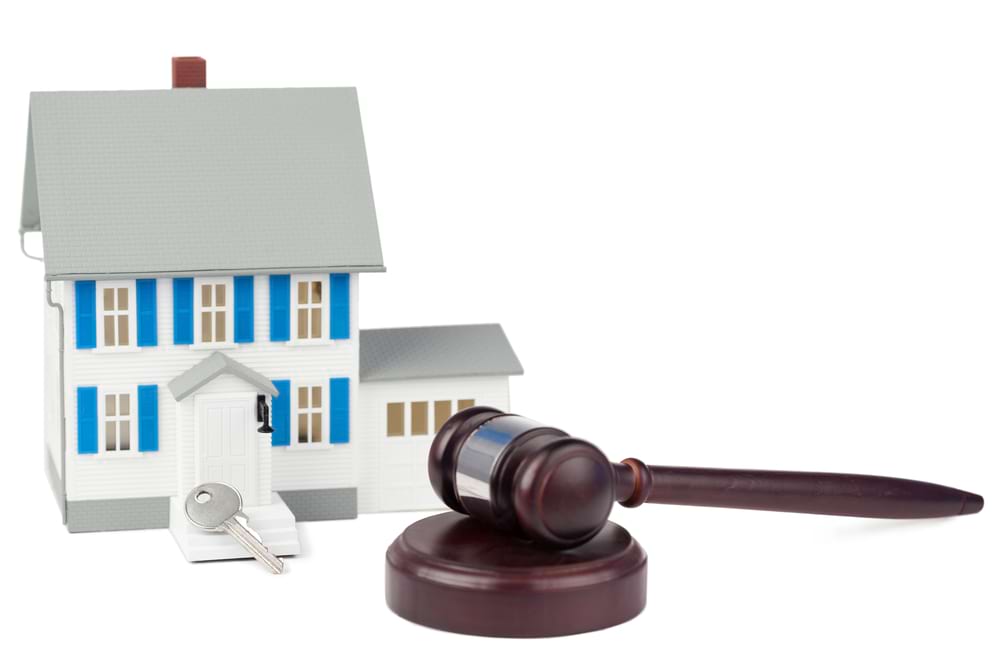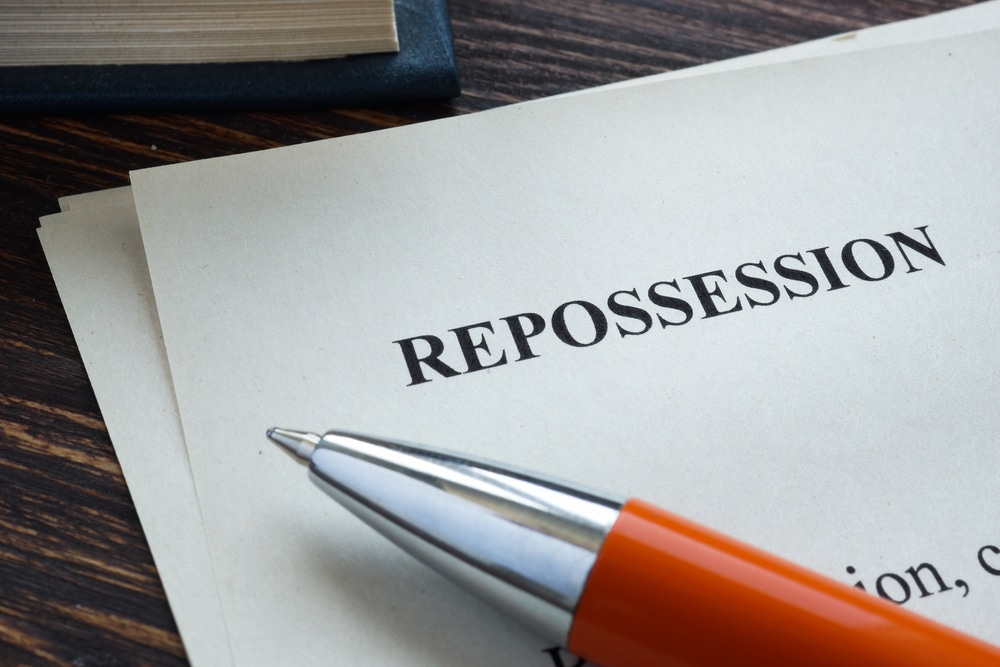Most families living in domestic properties across the UK are legally required to pay council tax.
But many aren’t aware of why we pay council tax, what it is used for, and why different properties have specific rates.
Read on to learn more about these, and what band of council tax your house comes under.
What is council tax?
Council tax is a UK taxation system that each local authority collects from residents who own or live in dwellings in the area. The council tax amount payable is valued against their domestic property through a valuation band.
Council tax contributes toward the cost of local services, which includes:
- Public schooling
- General waste
- Recycling collection
- Emergency services
- Street lights.
And more.
Who pays council tax?
In most instances, council tax is paid by every household nationally.
However, there are certain households which are exempt from council tax or pay a reduced amount.
When is council tax not charged?
Households which are considered ‘disregarded’ from council tax, meaning they are entitled to paying a reduced amount or are completely exempt from paying council tax, include those who are:
- Under the age of 18
- On specific apprentice schemes
- Aged 18 or 19 years old but are still receiving full-time education
- Full-time students studying a college or university course
- Aged under 25 and are receiving financial funding from the Education and Skills Funding Agency
- A student nurse
- A registered foreign language assistant with the British Council
- Severely mentally impaired
- A live-in carer for an individual – this cannot be your partner, spouse or child aged under 18 years old
- A diplomat
The reduced amount those considered disregarded will be required to pay, or whether they are considered completely exempt, will depend on certain matters. This information can be obtained from the local authority.
Landlords and empty properties
There are other exceptions to council tax.
For example, empty properties are often except from council tax under certain conditions. These conditions include if a property is derelict, the owner is in prison or care, etc.
Tenants are responsible for council tax, but landlords may have to pay once properties have been empty for a set period of time.
How much can council tax be?
All domestic homes are split into eight different valuation bands, which are determined and assigned by the Valuation Office Agency (VOA).
The valuation band given to each domestic property is based on what the property would have been valued at on 1 April 1991.
Domestic property valuation bands and the range of values follow as:
| Valuation band | Range of values |
| A | Up to £40,000 |
| B | Over £40,000 and up to £52,000 |
| C | Over £52,000 and up to £68,000 |
| D | Over £68,000 and up to £88,000 |
| E | Over £88,000 and up to £120,000 |
| F | Over £120,000 and up to £160,000 |
| G | Over £160,000 and up to £320,000 |
| H | Over £320,000 |
Although each domestic property in the UK is placed under a council tax valuation band. The amount of council tax the household will be responsible for paying will depend on a number of factors, including:
- Where the property is situated in England and Wales
- The size
- Layout
- Specific factors concerning the residing household.
Highest council tax bands
Valuation band H is the highest council tax rate, where those who own or reside in a property of this valuation band may be expected to pay the maximum amount for their local authority.
Rutland, located in the East Midlands, is presently the local authority with the highest council tax valuation band rate in the UK, with valuation band H costing up to £4,390 in council tax annually.
Across the UK, the average family home has a valuation band D, which on average will cost them £1,966 annually. Rutland will pay 17% more than the average, at £2,300 in council tax per year.
How to find out what council tax band your house is in
Finding out what council tax valuation band a property comes under is a fairly straightforward process.
It can provide peace of mind before purchasing a property, and it’s helpful when budgeting monthly expenses.
Go to the government’s webpage
You can simply find out the council tax valuation band for your current property or one you may be interested in purchasing or renting using the GOV.UK council tax band service.
You do this by entering the property’s full address or postcode. This service shows properties situated in both England and Wales.
Once the council tax valuation band is found, you can use this information to determine the annual council tax cost the owner or tenants of the property are required to pay through your local authority.
Sell your property with We Buy Any Home
WeBuyAnyHome are chain-free cash house buyers who can purchase your property up-front and quickly, without hassle or stress. We are the perfect company to help you sell your house fast.
Using our own funds, we will purchase your property at a set price, by a date of your choosing, fully managed from beginning to end.
Fill in our enquiry form below if you are interested in getting a cash offer for your property in the UK.
